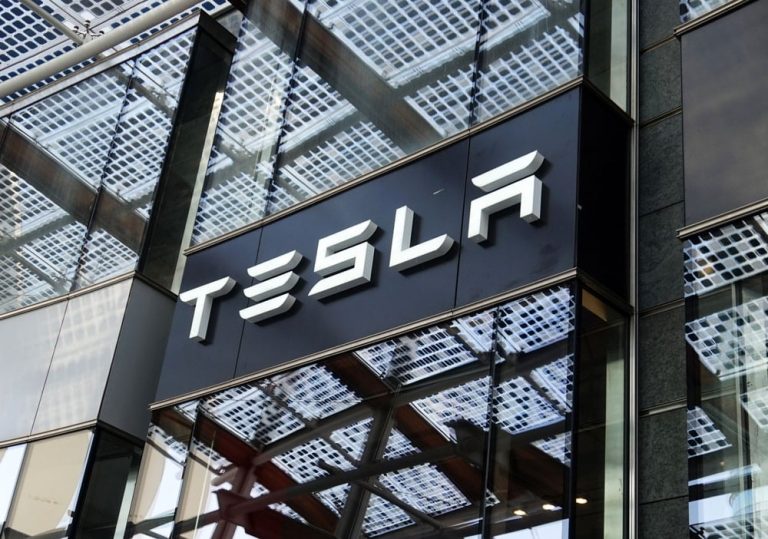
- Tesla Inc is considering entering the Indian market, looking to reduce import duties on electric cars.
- The Indian government is proposing a policy that offers Tesla a lower import duty rate of 15% for electric cars worth more than INR 3 million.
- The move aims to boost local manufacturing and employment amid Indian automakers' concerns about competitive fairness.
And with current market conditions Tesla company Preparing to enter the Indian market. The government is said to be finalizing policies to offer import duty reduction to Tesla on electric cars priced above INR 3 lakh. The move signals a potential game-changer for electric vehicles in India. Thus, the concession, which could last for two to three years, represents a departure from the initial requirements for bank guarantees for Tesla's proposed $2 billion investment in an Indian electric vehicle factory.
Balancing law: encouraging local production in exchange for fair competition
India's import duty structure is remarkably steep, with duties of 100% on cars worth more than $40,000, and 60% on cars worth less than that. Tesla's interest in the Indian market hinges on a favorable import duty rate of 15% in its initial years. This strategy aims to enhance job opportunities and reduce the prices of electric vehicles through local production. It involves temporary reductions in fees instead of bank guarantees. However, this anticipated leniency towards Tesla has drawn cautious reactions from Indian automakers. They are concerned about the competitive advantage this might provide to Tesla, which has yet to commit to a specific investment plan in India.
Indian automobile industry's call for fair treatment
The potential revision to Tesla's policy has caught the attention of Indian industry leaders. As a result, figures such as Anish Shah, CEO of Mahindra & Mahindra, have expressed the need for equal treatment. Speaking at the Davos Forum, Shah stressed the importance of foreign electric vehicle manufacturers investing in local production. This effort aims to prevent India from becoming a mere importer. Accordingly, this sentiment reflects the broader ambition to foster a competitive and self-sustainable EV market within India.
As Tesla eyes the Indian market, the challenge is to balance the incentives offered to global giants while ensuring a level playing field for local players. Hence, the unfolding scenario promises to redefine the future of the automobile industry in India, paving the way for an electric mobility landscape.

